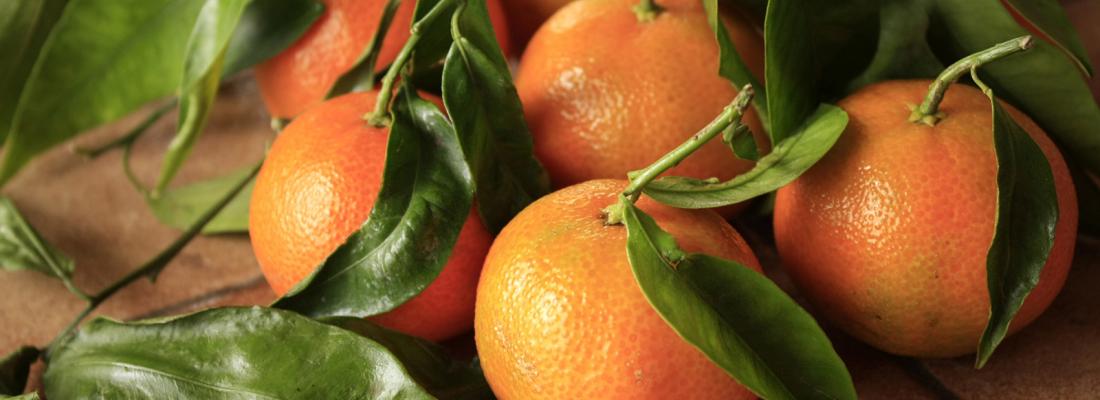Society and regional strategies Reading time 2 min
Anticipating climate change: an ongoing collaboration between INRAE Corsica, APRODEC and AOP ‘Fruits de Corse’ to safeguard future harvest quality
Published on 10 December 2021

2021 – a normal year for the harvest and quality of the Corsican clementine:
- Crop forecasting performed for 287 monitored hectares (71 orchards)
- Internal ripeness of the fruit reached two days earlier than in the 1960-2015 reference period
- Little change required this year in the harvest schedule to meet PGI quality criteria
Since 2007, the ‘Clementine de Corse’ (Corsican clementine), has held a PGI – a protected geographical indication. To carry the PGI label, it must be harvested from the tree at optimum ripeness and must meet several criteria, including:
- Size: medium to small, with a maximum diameter of 46 – 68 mm inclusive
- Peel colour: orange-red, with up to 1/Se of green epidermis
- Juice content: at least 42%
- Percentage of fruit with leaves: the Corsican clementine must be sold with one or two leaves attached to its stalk.
Compliance with this list of specifications guarantees the quality and freshness levels of the fruit, from the original orchard block to the shelves, thanks in particular to the stringency of the traceability system in operation. The APRODEC (association for the promotion and protection of the Corsican clementine) is responsible for ensuring that the PGI requirements are met.
Like many other agricultural producers, businesses involved in the production of the Corsican clementine must prepare for the challenges of climate change and the agroecological transition. Analysis of data sets on the quality of this clementine collected since the 1960s shows that, on average, the natural ripening of this fruit (like that of other citrus fruits) in the past five years has occurred 13 days earlier than the 1960-2015 average.
Aware of the significance of such changes, sector professionals have been working in a longstanding partnership with scientists from INRAE to find ways to preserve the Corsican clementine PGI. A particular focus of their research is the identification of levers to help manage the harvests and to extend the period in which the clementines can be harvested from the tree.
Together, the scientists and sector professionals are developing a decision-making tool called ‘Clemature’ to predict the quality of the fruit, making it possible to forecast the optimal harvest period to meet PGI quality criteria.
Their observations also show that practices such as grassing the orchards, organic fertilisers and water-stress management (reducing the water inputs from irrigation) make it possible to delay fruit ripening, enabling the harvesting of the clementines to be carried out later in the season.
